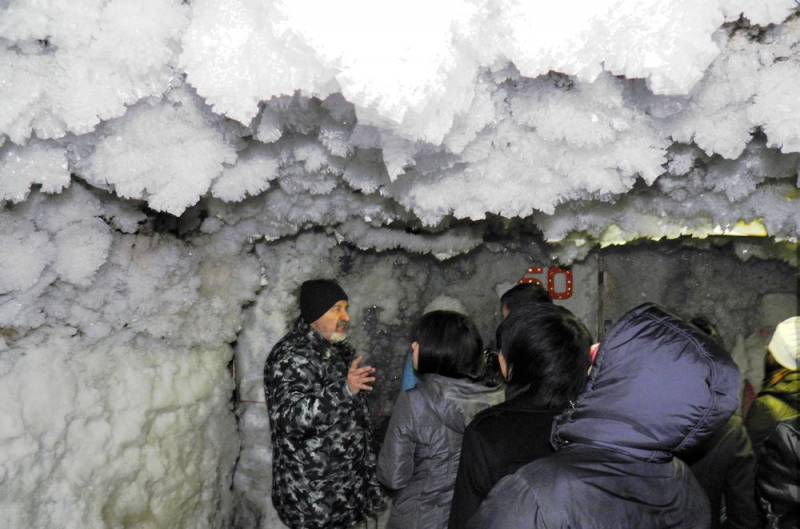"Great Thaw" threatens the Russian Arctic with catastrophe
The Russian Arctic, the kingdom of cold, is facing a catastrophe caused by the "great thaw" - global climatic changes, due to which the ice in the Arctic Ocean is melting and warming in the permafrost regions of the continental part of the Russian Federation, writes the British newspaper The Times.
The crack that suddenly appeared quickly spread from the roof of the two-story building to the first floor, frightening the residents and provoking an evacuation. Across the city, a nine-story apartment building, nicknamed the "Leaning Tower of Pisa," tilted dangerously before urgent repairs prevented it from collapsing.
Welcome to Yakutia, a vast ice expanse the size of India and a population of just 1 million, in northeastern Siberia
- writes the edition.
Yakutia is the coldest and largest region in Russia. The buildings here are being built on piles driven into the permafrost 15 meters. This depth was recently considered sufficient to provide a solid foundation for the structure. However, an increase in temperature causes soil subsidence due to thawing of permafrost, which can lead to dire consequences. In recent years, more than 1 buildings have been damaged in Yakutsk, the capital of the region.
More than 2/3 of giant Russia falls on the territory with permafrost. The damage from warming can be colossal. Melting permafrost could cost Moscow an astronomical 5 trillion rubles. (£ 49,5 billion) by 2050.
For example, in Yakutia, the temperature rises 2,5 times faster than on the rest of the planet. Despite the fact that in winter it can drop to -55 ° C, in summer the temperature breaks records. In June 2020, temperatures in Verkhoyansk, a city beyond the Arctic Circle, reached an incredible 38 ° C
- gives statistics to The Times.
However, the “great thaw” is dangerous not only for the infrastructure of Yakutia and other regions. The monstrous forest fires behind which Greenpeace criticizes Russian officials could release huge amounts of carbon and methane from frozen soil. It is no longer possible to save most of the permafrost in Russia. According to UN experts, by 2100, 1/3 of it will melt, even if carbon emissions are sharply reduced.
Melting permafrost leads to uneven subsidence of the soil, the formation of craters and swampy depressions. It can also affect a hydrocarbon project "Vostok Oil" with an unimaginable cost of 8,4 trillion rubles. (£ 83 billion), which also provides for the construction of infrastructure and dozens of cities. Already, the melting of permafrost is having a negative impact on the production of energy resources in Russia. Permafrost turned out to be by no means eternal, summed up the media.

Information